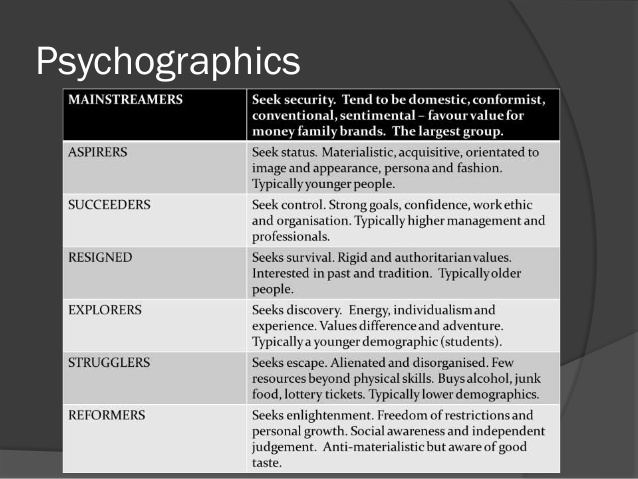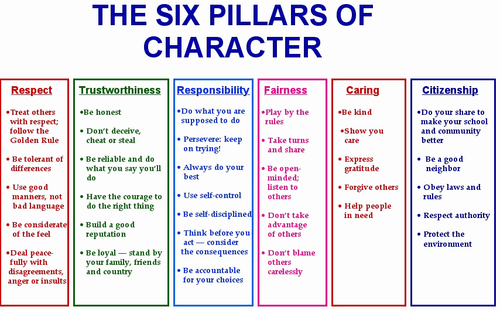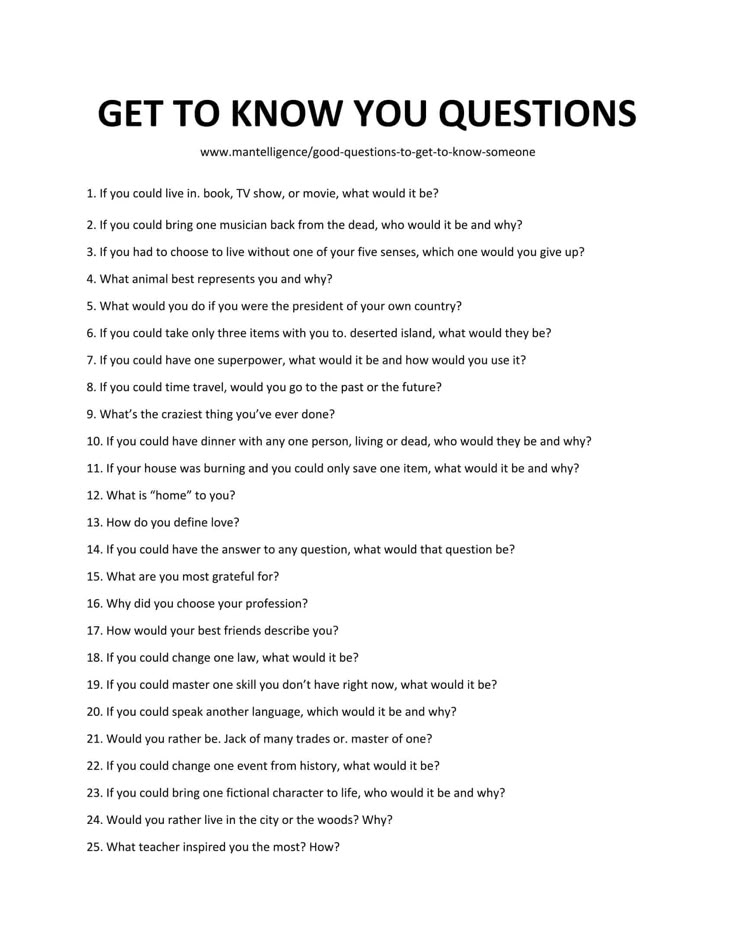Improving your mental health
31 Tips to Boost Your Mental Health
1. Track gratitude and achievement with a journal. Include 3 things you were grateful for and 3 things you were able to accomplish each day.
2. Start your day with a cup of coffee. Coffee consumption is linked to lower rates of depression. If you can’t drink coffee because of the caffeine, try another good-for-you drink like green tea.
3. Set up a getaway. It could be camping with friends or a trip to the tropics. The act of planning a vacation and having something to look forward to can boost your overall happiness for up to 8 weeks!
4, Work your strengths. Do something you're good at to build self-confidence, then tackle a tougher task.
5. Keep it cool for a good night's sleep. The optimal temperature for sleep is between 60 and 67 degrees Fahrenheit.
6. "You don't have to see the whole staircase, just take the first step. " - Martin Luther King, Jr. Think of something in your life you want to improve, and figure out what you can do to take a step in the right direction.
7. Experiment with a new recipe, write a poem, paint or try a Pinterest project. Creative expression and overall well-being are linked.
8. Show some love to someone in your life. Close, quality, relationships are key for a happy, healthy life.
9. Boost brainpower by treating yourself to a couple pieces of dark chocolate every few days. The flavonoids, caffeine, and theobromine in chocolate are thought to work together to improve alertness and mental skills.
10. “There is no greater agony than bearing an untold story inside of you.” -Maya Angelou. If you have personal experience with mental illness or recovery, share on Twitter, Instagram and Tumblr with #mentalillnessfeelslike. Check out what other people are saying here.
11. Sometimes, we don't need to add new activities to get more pleasure. We just need to soak up the joy in the ones we've already got. Trying to be optimistic doesn't mean ignoring the uglier sides of life. It just means focusing on the positive as much as possible.
12. Feeling anxious? Take a trip down memory lane and do some coloring for about 20 minutes to help you clear your mind. Pick a design that's geometric and a little complicated for the best effect. Check out hundreds of free printable coloring pages here.
13. Take time to laugh. Hang out with a funny friend, watch a comedy or check out cute videos online. Laughter helps reduce anxiety.
14. Go off the grid. Leave your smart phone at home for a day and disconnect from constant emails, alerts, and other interruptions. Spend time doing something fun with someone face-to-face.
15.
Dance around while you do your housework. Not only will you get chores done, but dancing reduces levels of cortisol (the stress hormone), and increases endorphins (the body's "feel-good" chemicals).
Not only will you get chores done, but dancing reduces levels of cortisol (the stress hormone), and increases endorphins (the body's "feel-good" chemicals).
16. Go ahead and yawn. Studies suggest that yawning helps cool the brain and improves alertness and mental efficiency.
17. Relax in a warm bath once a week. Try adding Epsom salts to soothe aches and pains and help boost magnesium levels, which can be depleted by stress.
18. Has something been bothering you? Let it all out…on paper. Writing about upsetting experiences can reduce symptoms of depression.
19. Spend some time with a furry friend. Time with animals lowers the stress hormone - cortisol, and boosts oxytocin - which stimulates feelings of happiness. If you don’t have a pet, hang out with a friend who does or volunteer at a shelter.
20. “What lies before us and what lies behind us are small matters compared to what lies within us.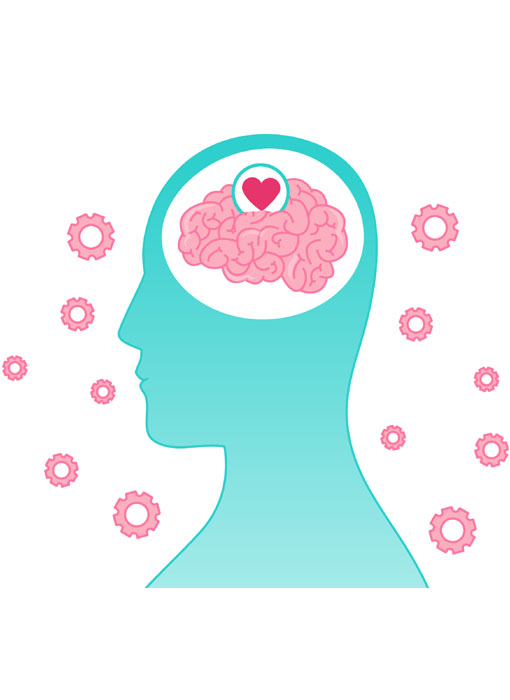 And when you bring what is within out into the world, miracles happen.” - Henry David Thoreau. Practice mindfulness by staying "in the present." Try these tips.
And when you bring what is within out into the world, miracles happen.” - Henry David Thoreau. Practice mindfulness by staying "in the present." Try these tips.
21. Be a tourist in your own town. Often times people only explore attractions on trips, but you may be surprised what cool things are in your own backyard.
22. Try prepping your lunches or picking out your clothes for the work week. You'll save some time in the mornings and have a sense of control about the week ahead.
23. Work some omega-3 fatty acids into your diet–they are linked to decreased rates of depression and schizophrenia among their many benefits. Fish oil supplements work, but eating your omega-3s in foods like wild salmon, flaxseeds or walnuts also helps build healthy gut bacteria.
24. Practice forgiveness - even if it's just forgiving that person who cut you off during your commute. People who forgive have better mental health and report being more satisfied with their lives.
People who forgive have better mental health and report being more satisfied with their lives.
25. "What appear to be calamities are often the sources of fortune." - Disraeli. Try to find the silver lining in something kind of cruddy that happened recently.
26. Feeling stressed? Smile. It may not be the easiest thing to do, but smiling can help to lower your heart rate and calm you down.
27. Send a thank you note - not for a material item, but to let someone know why you appreciate them. Written expressions of gratitude are linked to increased happiness.
28. Do something with friends and family - have a cookout, go to a park, or play a game. People are 12 times more likely to feel happy on days that they spend 6-7 hours with friends and family.
29. Take 30 minutes to go for a walk in nature - it could be a stroll through a park, or a hike in the woods.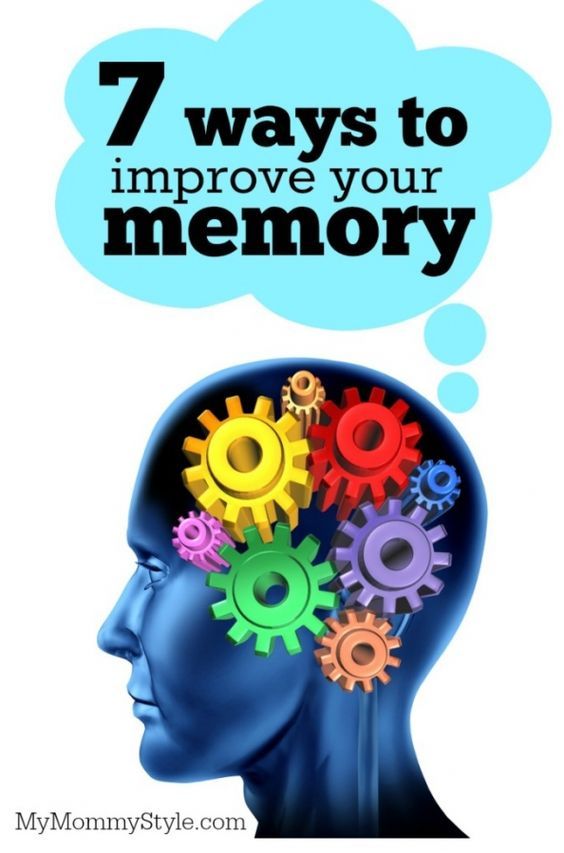 Research shows that being in nature can increase energy levels, reduce depression and boost well-being.
Research shows that being in nature can increase energy levels, reduce depression and boost well-being.
30. Do your best to enjoy 15 minutes of sunshine, and apply sunscreen. Sunlight synthesizes Vitamin D, which experts believe is a mood elevator.
31. "Anyone who has never made a mistake has never tried anything new." -Albert Einstein. Try something outside of your comfort zone to make room for adventure and excitement in your life.
Ten Things You Can Do for Your Mental Health
Try these tips to keep your balance, or re-balance yourself.*
1. Value yourself:
Treat yourself with kindness and respect, and avoid self-criticism. Make time for your hobbies and favorite projects, or broaden your horizons. Do a daily crossword puzzle, plant a garden, take dance lessons, learn to play an instrument or become fluent in another language.
2. Take care of your body:
Taking care of yourself physically can improve your mental health. Be sure to:
Be sure to:
- Eat nutritious meals
- Avoid smoking and vaping-- see Cessation Help
- Drink plenty of water
- Exercise, which helps decrease depression and anxiety and improve moods
- Get enough sleep. Researchers believe that lack of sleep contributes to a high rate of depression in college students.
3. Surround yourself with good people:
People with strong family or social connections are generally healthier than those who lack a support network. Make plans with supportive family members and friends, or seek out activities where you can meet new people, such as a club, class or support group.
4. Give yourself:
Volunteer your time and energy to help someone else. You'll feel good about doing something tangible to help someone in need — and it's a great way to meet new people. See Fun and Cheap Things to do in Ann Arbor for ideas.
5. Learn how to deal with stress:
Like it or not, stress is a part of life. Practice good coping skills: Try One-Minute Stress Strategies, do Tai Chi, exercise, take a nature walk, play with your pet or try journal writing as a stress reducer. Also, remember to smile and see the humor in life. Research shows that laughter can boost your immune system, ease pain, relax your body and reduce stress.
Practice good coping skills: Try One-Minute Stress Strategies, do Tai Chi, exercise, take a nature walk, play with your pet or try journal writing as a stress reducer. Also, remember to smile and see the humor in life. Research shows that laughter can boost your immune system, ease pain, relax your body and reduce stress.
6. Quiet your mind:
Try meditating, Mindfulness and/or prayer. Relaxation exercises and prayer can improve your state of mind and outlook on life. In fact, research shows that meditation may help you feel calm and enhance the effects of therapy. To get connected, see spiritual resources on Personal Well-being for Students
7. Set realistic goals:
Decide what you want to achieve academically, professionally and personally, and write down the steps you need to realize your goals. Aim high, but be realistic and don't over-schedule. You'll enjoy a tremendous sense of accomplishment and self-worth as you progress toward your goal. Wellness Coaching, free to U-M students, can help you develop goals and stay on track.
8. Break up the monotony:
Although our routines make us more efficient and enhance our feelings of security and safety, a little change of pace can perk up a tedious schedule. Alter your jogging route, plan a road-trip, take a walk in a different park, hang some new pictures or try a new restaurant. See Rejuvenation 101 for more ideas.
9. Avoid alcohol and other drugs:
Keep alcohol use to a minimum and avoid other drugs. Sometimes people use alcohol and other drugs to "self-medicate" but in reality, alcohol and other drugs only aggravate problems. For more information, see Alcohol and Other Drugs.
10. Get help when you need it:
Seeking help is a sign of strength — not a weakness. And it is important to remember that treatment is effective. People who get appropriate care can recover from mental illness and addiction and lead full, rewarding lives. See Resources for Stress and Mental Health for campus and community resources.
*Adapted from the National Mental Health Association/National Council for Community Behavioral Healthcare
Psychological advice for improving mental and emotional health
What is mental or emotional health?
Mental or emotional health is a measure of your psychological well-being.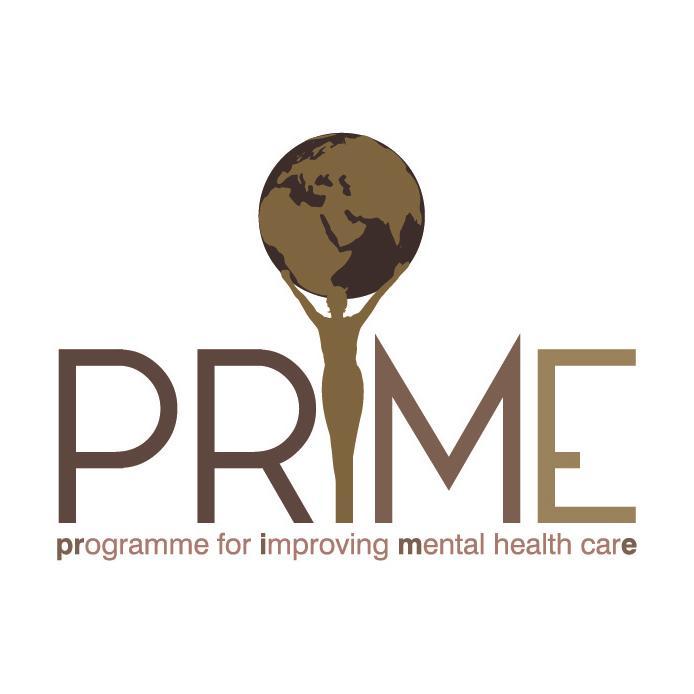 You can judge how good this health is by the mood with which you live your day, how you feel, what kind of relationships you have with others, how quickly you fall into blues and depression, and how much meaning and joy there is in your life.
You can judge how good this health is by the mood with which you live your day, how you feel, what kind of relationships you have with others, how quickly you fall into blues and depression, and how much meaning and joy there is in your life.
Good mental health is not just the absence of mental health problems such as depression or anxiety. Rather, it is mental resistance to life problems, failures, stresses.
Good mental health is the ability to find the right solutions in a stressful situation and "take a hit", the ability to build strong relationships, and recover from failures.
Mental and emotional health problems often arise when your nervous system has experienced a lot of stress.
Why are we sometimes reluctant to address our mental health problems?
Anyone can suffer from mental or emotional problems with others. Statistics show that every year every fifth person needs the help of a professional psychologist or psychotherapist.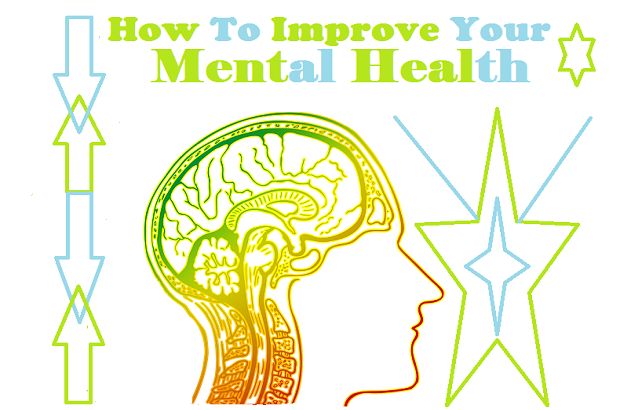 And a bad mood or depression “covers” almost everyone.
And a bad mood or depression “covers” almost everyone.
Despite emerging mental health problems—emotional breakdowns, aggression, depressive behavior—many of us make no effort to improve our situation. Someone takes pills, someone begins to “self-medicate” with alcohol and the like.
We hope that others don't notice. But our emotional problems always affect those around us, especially when we break out in rage or despair, show a sense of hopelessness and helplessness.
Our reluctance to deal with our mental health problems is due to various reasons.
In some families, mental and emotional problems are perceived as frivolous, temporary. They are seen as a sign of weakness or in some way as a flaw in your personality - badly brought up, etc.
Strong-willed people try not to show their emotional and mental problems. They prefer, especially men, to hide their feelings than to ask for help.
Many people think that if they decide to seek help, the only treatment option is medication (which can have unwanted side effects) or therapy (which can be long and expensive).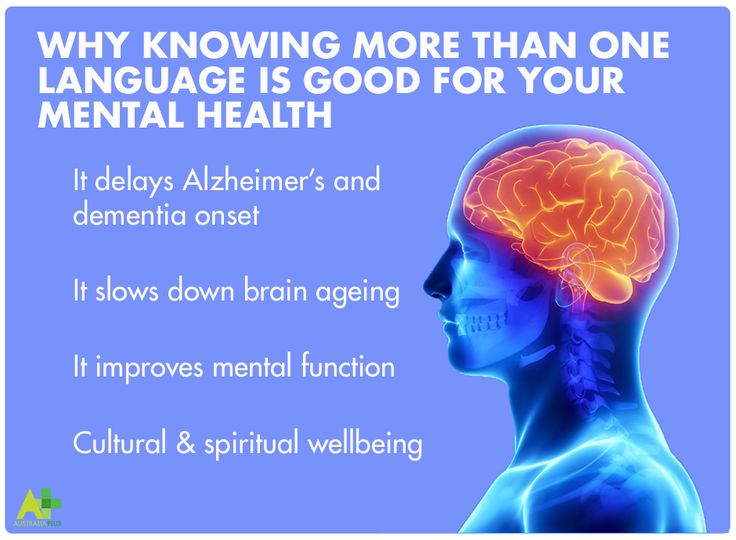
The truth is that no matter what your problems are, there are things you can do on your own to improve your mental and emotional well-being. And you can start making them today!
PSYCHOLOGICAL TIPS FOR IMPROVING MENTAL AND EMOTIONAL HEALTH
These are simple and affordable methods for improving mental and emotional health, increasing mental resilience, which will help you live and enjoy every day of your life9:
.Man is a social being and cannot live in isolation.
Therefore, create positive personal connections: any person who will listen to you and try to understand. Sometimes we just need to talk. Do not accumulate and do not carry your problems with you.
- Stay physically active
Remember the old saying "A healthy mind in a healthy body". Do what brings you pleasure - yoga, tennis, fishing, dancing, etc. The more physical activity, the less emotional breakdowns.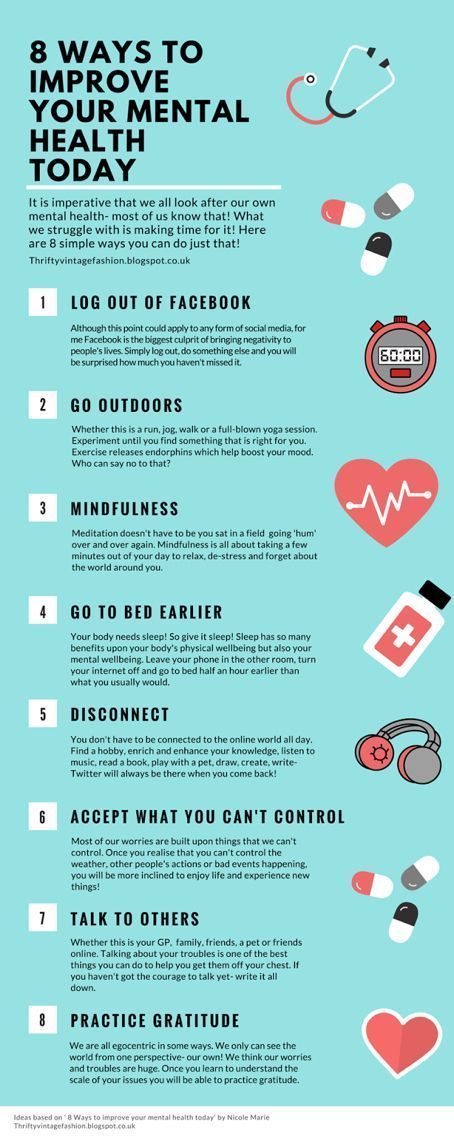
- Manage stress
Remember what gives you the greatest pleasure: the smell of coffee, walks in the forest, photography, your favorite performer? As soon as depression hits you, put aside all urgent matters and do something that gives you pleasure.
- Watch your diet
| Foods that adversely affect mood |
| Caffeine |
| Alcohol |
| Trans fats or products with "partially hydrogenated oil" |
| Food high in chemical preservatives or hormones |
| Sweet snacks |
| Refined carbohydrates (such as white rice or white flour products) |
| Fried food. |
| Foods that improve mood |
| Oily fish rich in Omega-3 such as salmon, herring, mackerel, anchovies, sardines, tuna |
| Nuts such as walnuts, almonds, cashews, peanuts |
| Avocado |
| Linseed oil |
| Beans |
| Greens such as spinach, cabbage, Brussels sprouts |
| Fresh fruits such as blueberries |
- 5 .
 Be generous and helpful to others
Be generous and helpful to others
It turns out that by giving something, we trigger the psychological mechanism of self-respect, thereby strengthening our emotional and psychological health. Give sincerely without expecting gratitude. She will definitely come, maybe not immediately.
- Improve your mental health
Full 8 hours of sleep
Walks in nature, especially in sunny weather
Find beauty in the world around you, just raise your head and look around.
Get a pet. By caring for him, you will love him, and he will love you back.
Find small pleasures every day: a funny story, a good movie, delicious food, a conversation with your loved one.
Life is beautiful to be wasted on melancholy and despair.
Be always positive!
11 Ways to Improve Your Mental Health
Experts estimate that one in six people experienced some form of mental health problem in the last week.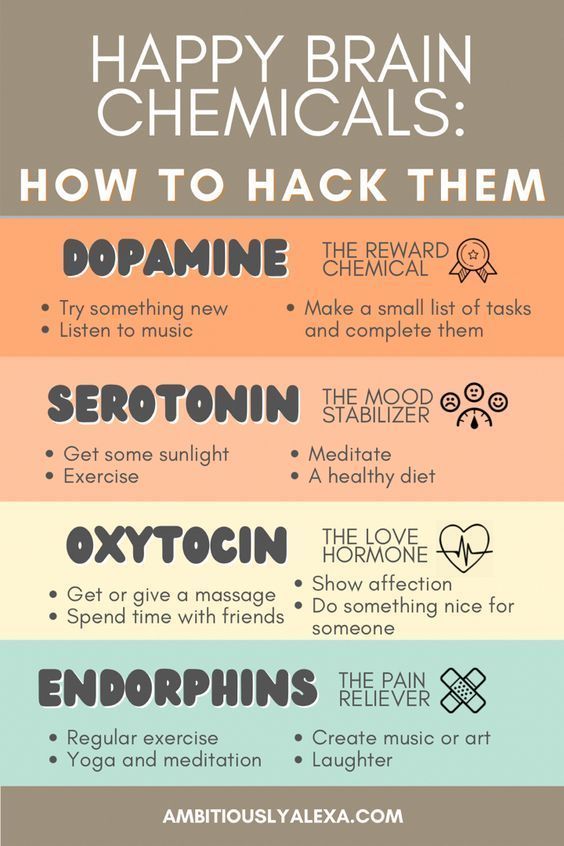 It could be your friend, colleague, or even yourself...
It could be your friend, colleague, or even yourself...
Mental health is a taboo subject for many of us, but often it is an exhausting daily struggle with a series of setbacks and a fight with an invisible enemy. And just as there is no one-size-fits-all diagnosis, whether it be major depression or mild nervousness, there is no one-size-fits-all treatment.
However, there are methods that will at least help reduce stress and anxiety by reducing the burden on the psyche. In this article, Shayan Kadir, Personal Growth Coach and Sanctus Masterclass, shares 11 ways you can improve your mental well-being.
1. Enter the flow state
“Flow is the state in which you allow your mind and body to merge, dissolving into each other. If we do something every day, we can enter this state when we are immersed in our activity with our head. There are many activities that help you get into the flow state, such as running, meditating, doing art, and even typing on a keyboard. As soon as you find "your" flow, you will feel that time seems to have stopped, and all worries go away. At first it will take practice, you will come closer to this state each time, and in the end the body will do everything for you.
As soon as you find "your" flow, you will feel that time seems to have stopped, and all worries go away. At first it will take practice, you will come closer to this state each time, and in the end the body will do everything for you.
2. "Will it matter in...?"
“When you're very upset about something, it's easy to lose sight of the longer term. Ask yourself: “Will this matter in a week? In a month? In a year?" Your condition right now may not match how important the problem will be in a while, and these questions will help you look at the situation from a different perspective in order to understand how to respond to it. And if the issue is still important in a year, these questions can change how you act in such a situation.
3. Return to nature
“The Japanese have a concept of “forest bathing” – it means spending time in nature and walking among the trees. It helps restore the natural balance of our body. Stress, anxiety, global issues, city life, constant activity in social networks - all this causes tension, and a break from such a load, even if it's just time spent in nature, is very beneficial for our physical and mental health.
Adventure on the horizon
© David Sodomka
4. Control your breath
“Quite often, when we get too caught up in our thoughts, stress causes us to lose control of ourselves, become anxious and even panicky, and a good way to break this is to focus on breathing. Take deep breaths, paying attention to how you breathe, and remain calm so that your worries do not throw you off balance, causing a panic attack. Some triggers appear before an attack - this is rapid breathing, heaviness in the chest, tension in the shoulders and throughout the body. Focus on what feels wrong and ask yourself, "How can I get out of this?"
5. Name your critic
“Most people think we only have one inner voice. In fact, there are at least two such voices contradicting each other, and the next time one of them declares in an internal monologue that you are not good enough, remember that this “critic” is not the only one who has the right to vote. Give him a name and character, and the next time you hear something self-deprecating from him, you will realize that “critic” is not the only thought and you can challenge him.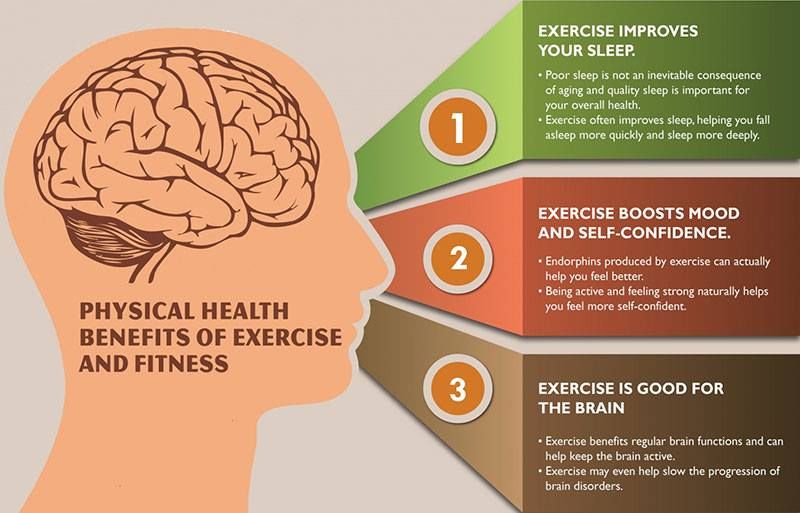 ”
”
6. Move more
“Set aside time for stretching, strength training, cardio, or even brisk walking – it will have a noticeable effect on your mental state. From a biological point of view, we as hunters and gatherers are designed to move - every day we need to go in search of food, and then come back. Therefore, if we sit at the table all day, spending all our energy on the work of the head, we seem to “disconnect” from the body. Take regular breaks to move around - this will have a significant impact on your brain.
7. Talk to people
“Many people are reluctant to talk to family and friends about psychological problems. This will be a difficult but important step, because then you will be able to say what you think - as opposed to the usual "everything is fine" when in fact "everything sucks." Believe it or not, the eternal positivity has its downsides. For example, if you are grieving for someone close, and your motto is to think positively, forget about everything and move on, there will remain a need inside you to release grief. I saw many people who, even a few years later, the tragedy did not live through this grief and still cannot come to their senses. It is very important to allow yourself to experience the full range of emotions. If sometimes you allow yourself to be sad, then sadness passes faster.
I saw many people who, even a few years later, the tragedy did not live through this grief and still cannot come to their senses. It is very important to allow yourself to experience the full range of emotions. If sometimes you allow yourself to be sad, then sadness passes faster.
Sascha DiJulian, Mathilde Söderlund and Brett Harrington
© Novak/Red Bull Content Pool
8. Help
look at the situation from the other side. It also releases endorphins, making us feel better. You can do charity work or simply write to someone and see if they need help. What is very simple for ourselves may be very difficult for other people, but you will not know about it if you do not ask. Helping others will give you a deep sense of belonging.”
9. Create
“Make time for activities that strengthen the connection between the left and right hemispheres of the brain. As people age, they forget what it means to simply enjoy life, play and invent games, as we did in childhood. That's why it's good to find time for creative pursuits, whether it's painting, music, singing, dancing, designing, building, cooking, or decorating. If your mental state leaves much to be desired, creativity will help you find healing by expressing yourself in a new way.”
That's why it's good to find time for creative pursuits, whether it's painting, music, singing, dancing, designing, building, cooking, or decorating. If your mental state leaves much to be desired, creativity will help you find healing by expressing yourself in a new way.”
10. Work on your sleep patterns
“Significant levels of stress and anxiety are associated with not being able to get a good night's sleep. Everything is interconnected: it is very important to adhere to a suitable ritual or a certain time for going to bed and waking up, especially during the week. Set aside all gadgets an hour before bed to help reduce stress levels. Reading or meditating before bed is also a good way to normalize your sleep patterns.”
11. Feel gratitude
“Finally, remember the little things that are good and feel grateful for them – because they are so easy to lose sight of, thinking only about problems, about what is not working and what we need become better. This is how we forget the good things and how lucky we are until we lose what we took for granted.




